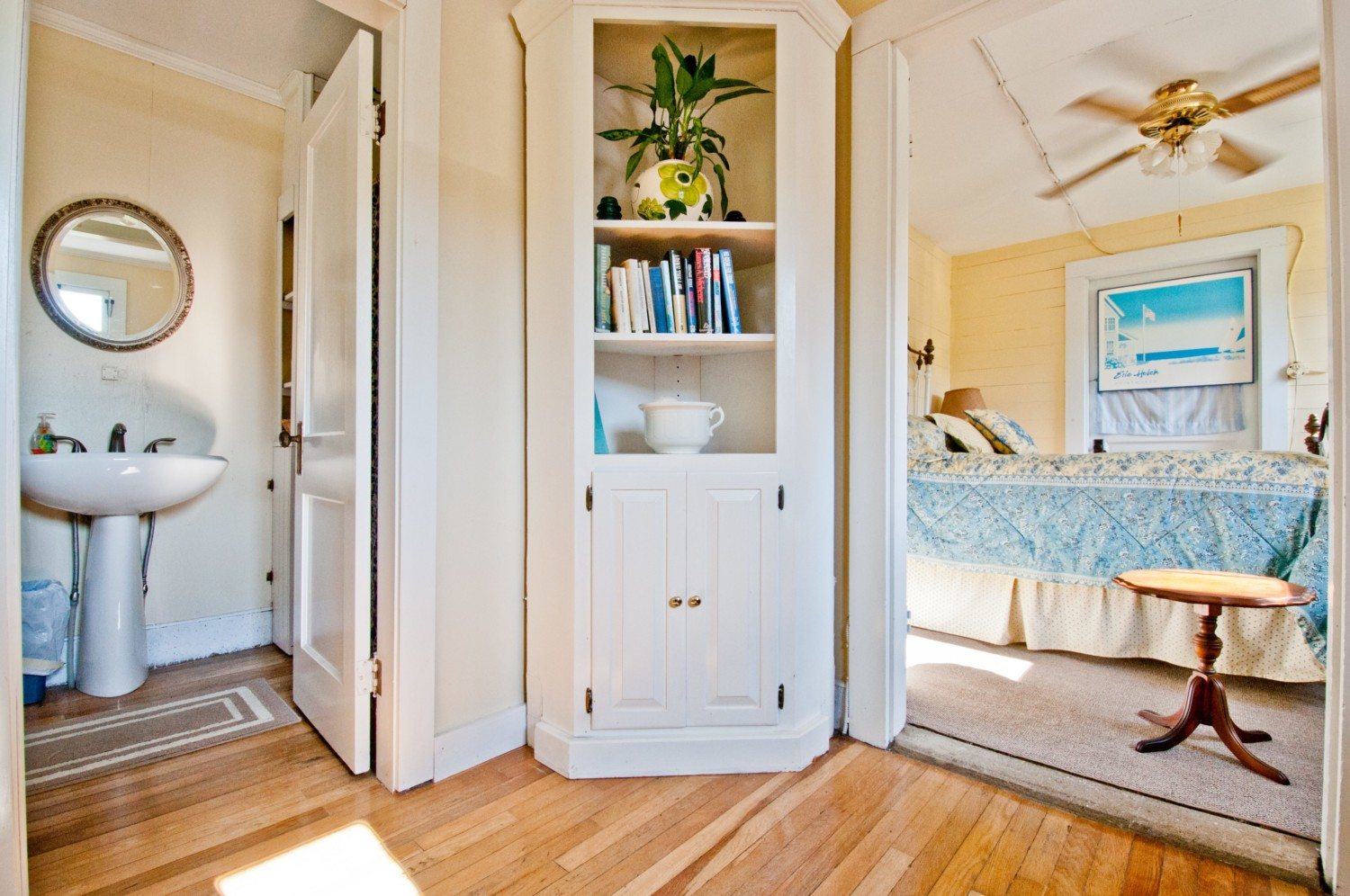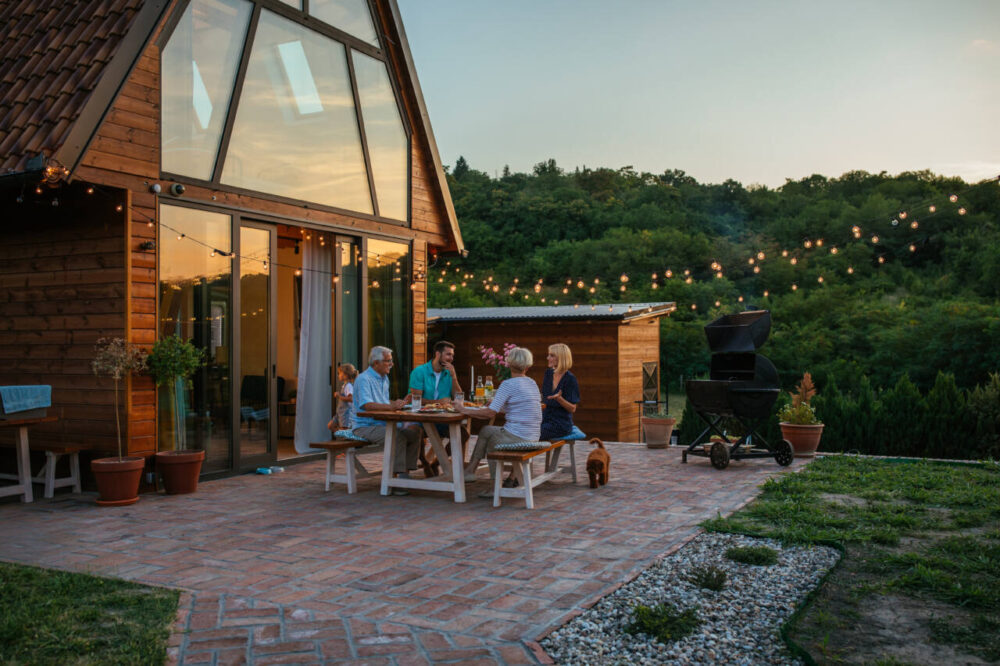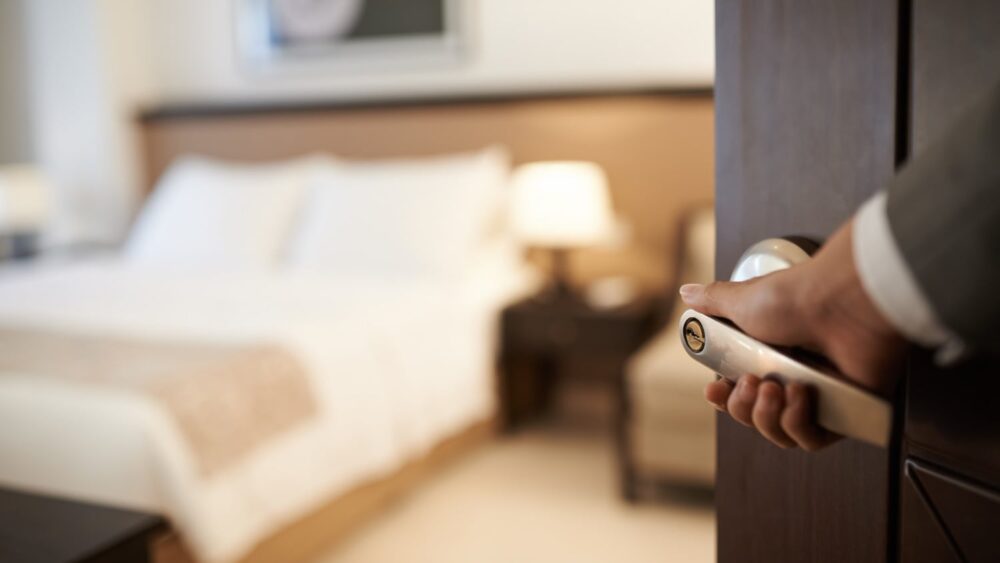How the hotel industry is fighting back against Airbnb
It’s not an exaggeration to say Airbnb has completely changed the way people—especially young people—travel. The home-sharing site boasts 150 million users and more than 3 million properties around the world. Airbnb users love that the service allows them to stay in off-the-beaten-path locations, mingle with locals and experience unique lodging options like A-frame cabins, urban apartments, tree houses and spa-like retreats. What’s more, these memorable options often cost significantly less than a traditional hotel stay.
https://www.instagram.com/p/BUw75NxgYhC/?taken-by=airbnb&hl=en
While Airbnb continues to grow in popularity and market value (the company hasn’t gone public yet but is currently valued at $30 billion), the hotel industry has not been thrilled with the effects of the so-called “sharing economy” on their bottom line. Hotels have seen increased competition and been forced to lower rates in markets where Airbnb is a popular alternative, and according to documents obtained by The New York Times, the industry has been working hard behind the scenes to slow Airbnb’s momentum.
Who will win this clash of the lodging titans? That depends on who you talk to.
The hotel industry has gone after Airbnb on the grounds that the company has been able to avoid regulations that hotels must adhere to, giving them an unfair advantage.
“Airbnb is operating a lodging industry, but it is not playing by the same rules,” Troy Flanagan, the American Hotel and Lodging Association’s vice president for state and local government affairs, told the Times.
The hotel industry has had some undeniable big wins (referred to as “notable accomplishments” in this document from the American Hotel and Lodging Association) in its fight against Airbnb, including legislation in New York, Chicago and San Francisco regulating short-term rentals.
Last fall, Airbnb sued New York after the state passed a law enacting major fines (up to $7,500) for Airbnb hosts advertising illegal properties (such as landlords who turn units into short-term rentals rather than making them available to long-term renters, thereby driving up housing costs). The two parties ultimately settled, but the legislative attacks haven’t slowed down: Airbnb has faced or is facing legal challenges in a long list of cities, including Barcelona, where a recent study found that 40 percent of the Airbnb rentals are operated illegally.
Airbnb spokesman Nick Papas didn’t mince words in his response to the legislative attacks: “The hotel cartel is intent on short-sheeting the middle class so they can keep price-gouging consumers,” he told the Times.
One unique asset Airbnb has to draw on in this fight is a large and enthusiastic group of hosts and guests willing to defend the service. Airbnb users have shown up to protest proposed laws that would hurt their hosting income. They might be a company worth billions, but their customers feel a sense of ownership and protectiveness, especially considering these laws can drastically affect their income and travel habits.
https://www.instagram.com/p/BUjw-nZgmFv/?taken-by=hiltonhotels
It’s hard to imagine hotel guests showing up to protest on behalf of giant hotel corporations like Marriott, but the industry’s plans include a concerted effort to change that. According to the leaked documents, the hotel industry is in the process of filming a testimonial campaign called “My Neighborhood,” featuring people who have been “negatively impacted by short-term rentals in their neighborhoods.” The goal? To portray hotels operators’ concerns in a way that feels more personal, and push back against Airbnb’s happy-go-lucky narrative of connection and community.
It’s important to note that while the industry is changing rapidly, the travel industry as a whole—including hotels—is doing better than ever. People are spending more on travel experiences than ever before.
In the midst of these growing pains and clashes over regulations, profits and market share, it’s not impossible to envision a future where hotels and home-sharing sites like Airbnb can not only coexist, but thrive. Whether they’re staying in a yurt in someone’s backyard or a 4-star suite at the Hilton, there are plenty of travelers to go around.






